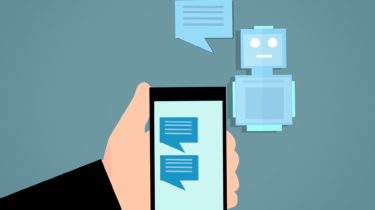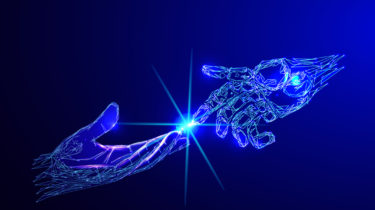Research Focus: Week of February 5, 2024
Welcome to Research Focus, a series of blog posts that highlights notable publications, events, code/datasets, new hires and other milestones from across the research community at Microsoft. EVENT RECAP Microsoft Research Forum series kicks off with focus on the promise and challenges of AI With a look back at the incredible changes of 2023 and a look ahead at the tangible advances to come, the inaugural Microsoft Research Forum explored bold new ideas and
Read more
